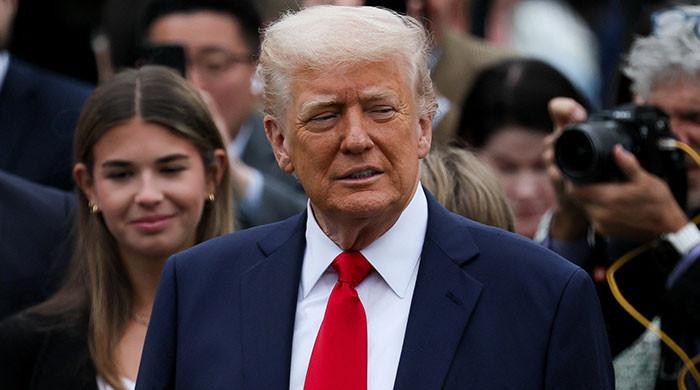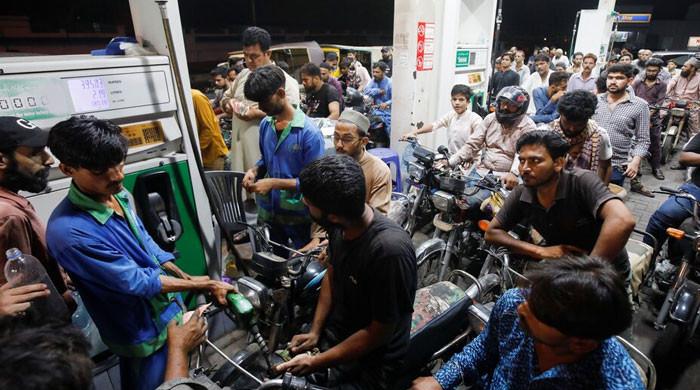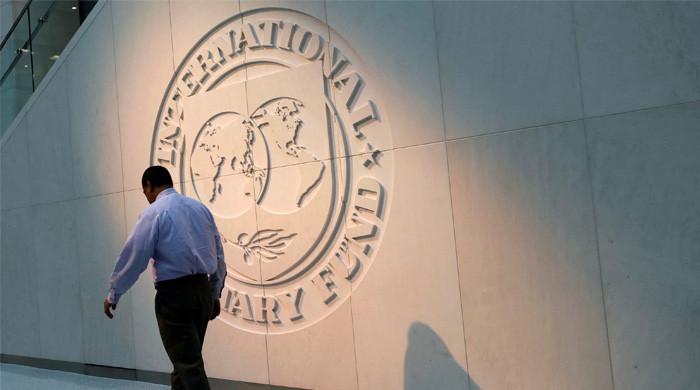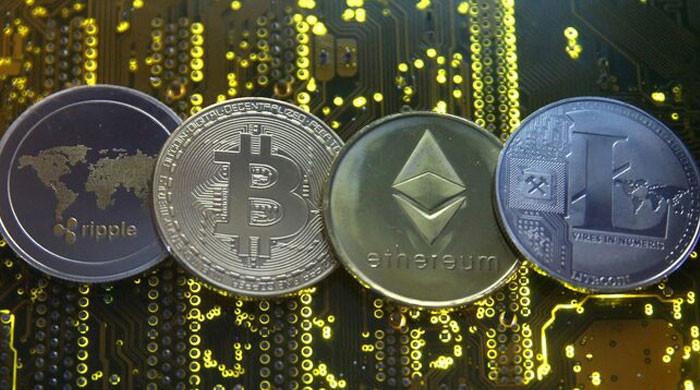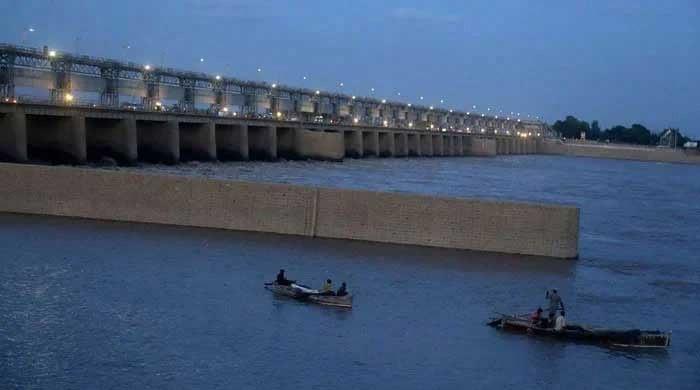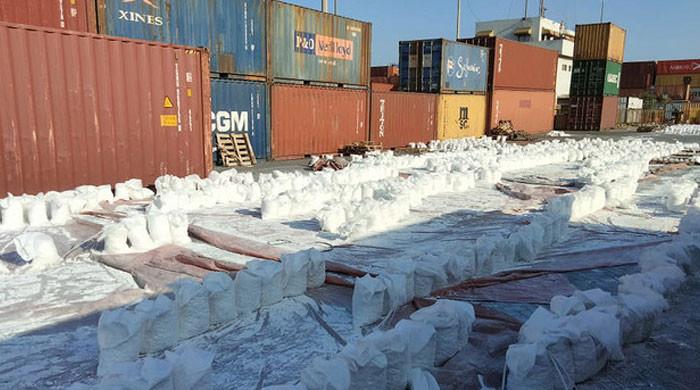What ails public-sector education?
Unqualified people are deciding fate of people they know little about and lack both interest and patience deal with their problems
December 01, 2023
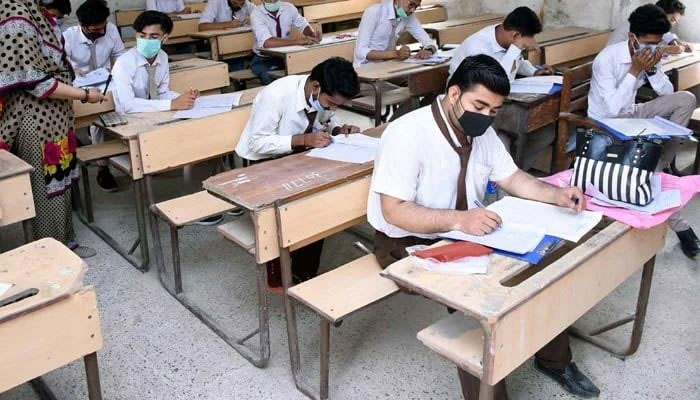
I asked 12 year-old Sultan (pseudonym) to read from his Urdu textbook. He struggled to read a simple sentence (“more sher ki tarha jungle kaa badshah hai”). While he eventually read the sentence, he could not tell me what it meant.
According to the teacher, his parents pulled him out of an Islamabad public school because he was not doing well and tried putting him to work. He promised he would do better and begged his parents not to send him to work. So, they admitted him to the non-formal Basic Education Community School (BECS) where I met him. His teacher explained that many students like Sultan, who struggle academically, are often not supported by regular schools, and end up leaving before the centralised Grade-V exams conducted by the Federal Directorate of Education (FDE).
Sajida (pseudonym) and her family live in a slum of sector G-7. She used to attend Grade-II in the nearby public school administered by the FDE. Public schools provide children with free textbooks but according to her father, a sanitation worker, both his and his brother’s children were refused textbooks but were asked to pay a fee instead. Sajida now attends a non-formal BECS school in her neighbourhood. Sultan and Sajida’s former schools were both public institutions run by public funds. It should not be so easy for a publicly funded school to deny the right to education to local residents.
Federal public primary schools are assessed, in part, on the performance of their students in the centralised exam at the end of Grade-V (the centralised exams policy varies across regions). Government schools could respond in one of two ways — either take steps to improve their students’ learning or push the ones they expect to perform worst out of the school before the exam is conducted. This being the Land of the Pure, Sultan and Sajida’s schools opted for the latter.
There is no official policy to push out underperforming children but for some school administrators and teachers it is an easy way to avoid closer scrutiny of their performance. Allegedly, these are not isolated incidents. Over the years, I have heard from several teachers that some FDE schools create conditions that force parents to take their children, usually low-performing students from disadvantaged households, out of formal schools.
For many children abandoned by the public school system this means the end of their educational journey. Some lucky ones are caught by BECS schools operating in unplanned, informal settlements and slums that have cropped up in walled-off enclaves in the city and peripheral areas such as in and around Bara Kahu, Khana, Nilore, Bari Imam, Golra, and Tarnol.
Despite these shenanigans, and the fudging of performance metrics, where do we stand? A report based on a recent math test of all primary school children, in Islamabad’s formal and non-formal schools, shows that only around 10% of Grade-V students in Islamabad perform at grade level. Schools in other regions of the country are not faring much better. More than 20 million children across the country remain out of school. 79% are "learning poor".
In the TIMSS test of Math and Science for Grade-V, Pakistani children place second from the bottom among participating countries. Only 27% meet "basic" benchmarks of math knowledge. Only 8% meet the "intermediate" and only 1% the "high" benchmark for math knowledge, respectively. Matters are not much better at the higher education level; 24% of degree holders are unemployed, and Coursera’s latest Global Skills report puts Pakistani users at 92 out of 100, far behind many countries in our region.
These numbers before quantify the vast, dehumanising scale of problems in our education sector. What ails the public education sector to the extent that it is failing students who are, should be, or have been through it?
First, "tourists" are making decisions. Key decision-makers are disconnected from the education sector. The top education bureaucracy comprises CSS and PCS officers who are not required to have a formal qualification in education and have not spent a single day working in schools, colleges or universities. They are often directed by federal and provincial ministers, guided by political agendas, and also lack formal training in education. They operate under the constraints of laws, written by and voted on by parliamentarians who, from time to time, see it fit to decree what schools ought to teach.
The result of this has been bad decisions. For example, until fairly recently, some school departments across the country were flat-out denying that school children had experienced any learning losses as a result of extended school closures during Covid, without any credible evidence to support this view. This would make Pakistani schools the only on the globe to buck the effect the pandemic has had.
Inexplicably, parliamentarians get to decide whether a university should be allowed to operate or not by getting a role in the award of university charters. We saw the result of that in the waning days of parliament and the Punjab Assembly when charters were handed out like candy on Eid, albeit for a price, allegedly.
Over the decades, every few years we have also seen one parliament or dictator after another pass laws that keep on adding mandatory subjects into school curricula. A typical O-level / IGCSE student takes about 10-11 subjects. Depending on the country they are in, that may or may not include a mandatory subject that does not relate to basic literacy or numeracy.
In Pakistan, this number of mandatory subjects (not related to numeracy or literacy) has now (effectively) risen to three out of nine. Politicians making these laws do not seem to realise that the number of hours students have in schools and in a day are finite, and when school curricula are interfered with and keep getting stuffed with ideological indoctrination, something will have to give. But that appears to matter less than earning bragging rights for having saved the souls of school children by reinforcing the brainwashing they are subjected to. Ignorance also allows simplistic beliefs to take hold. Ideas like changing textbooks are all that is needed to fix school education, chasing rankings will fix higher education, etc.
Second, decision-makers have long-distance relationships with the people they are making decisions for. Even post-devolution, decision-makers in cozy Islamabad, Lahore, Karachi, Peshawar, and Quetta are decreeing one-size-fits-all solutions for remote places they have never set foot in. What may work in Karachi, may not work even in Hyderabad; what may work in unplanned settlements around the west end of Islamabad (largely inhabited by migrants from Khyber Pakhtunkhwa) may not work in settlements around the east end (largely inhabited by migrants from Kashmir).
Furthermore, there are also continued rumblings about reversing the 18th Amendment, which would revert a lot of authority back to Islamabad, moving decision-makers even further away. Even today, with their own children probably attending private schools and largely cut off from the public education sector, decision-makers are disconnected from the lived realities of the vast majority of the population. Authority and responsibility go hand-in-hand: When a distant and unapproachable bureaucracy assumes authority, schools/universities surrender responsibility and ownership.
Such unawareness leads decision-makers, elected representatives and bureaucrats, to bad decisions, like declaring English and Urdu — which are effectively foreign languages for large parts of the country — the only acceptable mediums of instruction, or cheering "coding lessons" in schools that lack basic facilities like water, bathrooms, boundary walls, electricity, Internet connection, computers. But as long as there are ambitious manservants and handmaidens wanting to further their own political ambitions, there will always be "qualified experts" willing to sell their stamp of approval for such half-baked ideas.
As if to make my point for me, on Nov 21 the caretaker minister for federal education, Madad Ali Sindhi, was widely reported to have made the following statement in a Senate session: “If I am allowed, I will ban all private universities.” Even after months, the honourable minister appears unaware that if he got his wish and private universities (and private schools) were to close tomorrow, roughly half of those students would have no place to study. The private sector is holding up half the sky in Pakistan because the public education sector he represents is incapable of fulfilling its obligation. But his angry roar made for a fantastic headline, so who cares?
Lastly, no one has patience for delayed gratification, everyone wants an instant win, or at the latest before the end of their tenure — two to four years for bureaucrats and up to five years for politicians. If a set of reforms does not bring immediate headlines and rewards, there is no appetite for it. Quick fixes and short-term thinking trump sustainable long-term solutions where the payback is slow but gradual. That is why no one is willing to touch hard problems like making universities more financially self-sustainable and developing teaching in schools, colleges, and universities into a profession of choice that attracts the best.
If I were to sum it up: (largely) unqualified people are deciding the fate of people they know little about and lack both interest and patience to address their problems. That is why decisions continue to be guided by short-term thinking, convenience and, dare I say, benefit to decision-makers, rather than the long-term interests of students.
The writer (she/her) has a PhD in Education.
Disclaimer: The viewpoints expressed in this piece are the writer's own and don't necessarily reflect Geo.tv's editorial policy.
Originally published in The News






